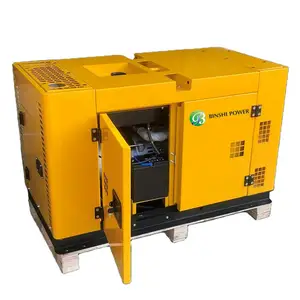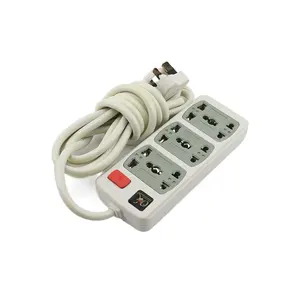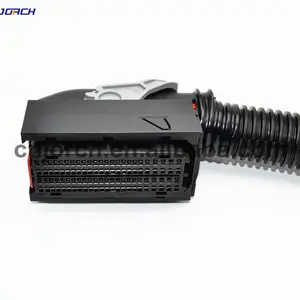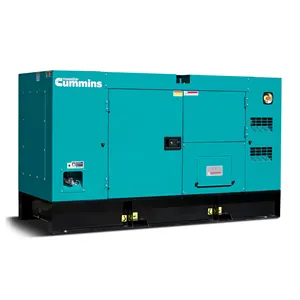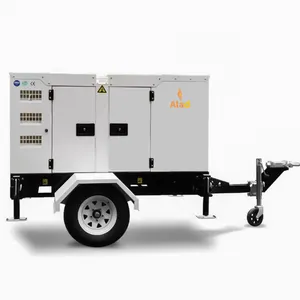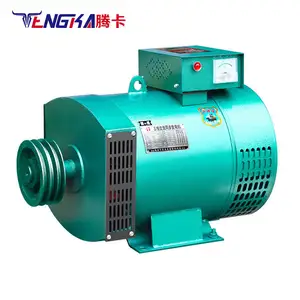Popular in your industry






























































Top categories
About solar inverter enclosure
Solar Inverter Enclosures: An Overview
Solar inverter enclosures are critical components in the realm of solar energy systems. These sturdy casings house the inverter, the device that converts the variable direct current (DC) output of a photovoltaic (PV) solar panel into a utility frequency alternating current (AC) that can be fed into a commercial electrical grid or used by a local, off-grid electrical network. A well-designed solar inverter enclosure ensures the longevity and reliability of the inverter by protecting it from environmental and mechanical threats.
Types and Features
The market offers a variety of solar inverter enclosures, each tailored to different types of inverters and installation environments. From wall-mounted to free-standing designs, these enclosures come with features such as cooling systems to dissipate heat, lockable doors for security, and transparent covers for easy monitoring. The construction of these enclosures often includes corrosion-resistant materials, ensuring they can withstand harsh weather conditions.
Materials and Durability
Materials used in the construction of solar inverter enclosures are selected for their durability and protective qualities. Common materials include stainless steel, aluminum, and polycarbonate, each offering a balance of strength, weight, and resistance to corrosion. The choice of material impacts the enclosure's ability to protect against dust, moisture, and other contaminants, thereby safeguarding the inverter's operational integrity.
Applications and Advantages
Solar inverter enclosures are utilized in various settings, from residential solar setups to large-scale commercial solar farms. The primary advantage of using a dedicated enclosure is the extension of the inverter's lifespan by mitigating the risk of damage from external forces. Additionally, these enclosures can be designed for ease of access, facilitating maintenance and inspections without compromising the system's protection.
Selection Considerations
When selecting a solar inverter enclosure, factors such as the size of the inverter, the environmental conditions of the installation site, and the specific requirements of the solar energy system must be considered. It is essential to choose an enclosure that not only fits the inverter but also provides adequate space for air circulation and cable management.
Environmental Impact
In line with the eco-friendly nature of solar energy, solar inverter enclosures contribute to the sustainability of the system. By extending the inverter's operational life, these enclosures reduce the need for frequent replacements and thus contribute to the reduction of electronic waste. Furthermore, the materials used are often recyclable, aligning with the green initiatives supported by the solar industry.
